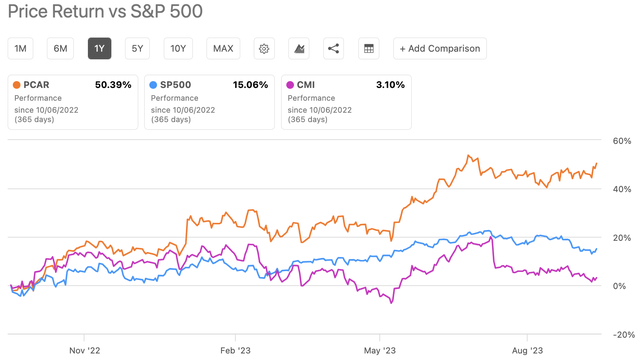This was the headline from the Financial Times that caught my eye:
(Source: FT.com)
The article talked about how the US spending on wind power is set to go from zero 10-years ago to $78 billion in the 2020 decade. That is a truly astounding turnaround in the fortunes of the renewable energy sector. A couple of years ago I had heard of this renewable energy company called Iberdrola from Spain. At that time I briefly read about it in the financial news and did not do an in-depth research into that company. This headline spurred me to action. We are in the midst of a far-reaching energy transformation that could transform every aspect of life by the year 2035. I wanted to learn more about not just Iberdrola but also Orsted - which is another renewable energy giant from Denmark. I don't remember hearing about Orsted until it was mentioned in this Financial Times article.
Iberdrola comes from a very long history that dates back to the 20th century. The Wikipedia entry for the company makes for a fascinating read. Today it is one of the largest energy companies in the world with subsidiaries in multiple nations across the globe. Its subsidiary in the U.S. is called Avangrid. Avangrid has about 7,000 employees in the U.S and is headquartered in Orange, Connecticut. Iberdrola had revenues of € 36,437 million in 2019. In 2018 its revenues were € 35,075. Its EBITDA exceeded € 10 billion for the first time in 2019. Avangrid is traded in the U.S stock markets in the NYSE under the symbol AGR.
Orsted on the other hand had total revenue of DKK 67,842 million in 2019 (€ 9,113 million Exchange rate as of July 18, 2020: 1 Danish Krone = € 0.13). In 2018 the company had revenues of DKK 76,946 million (€ 10,336 million). Orsted had EBITDA of
DKK 17.5 billion (€ 2.35 billion) in 2019.







